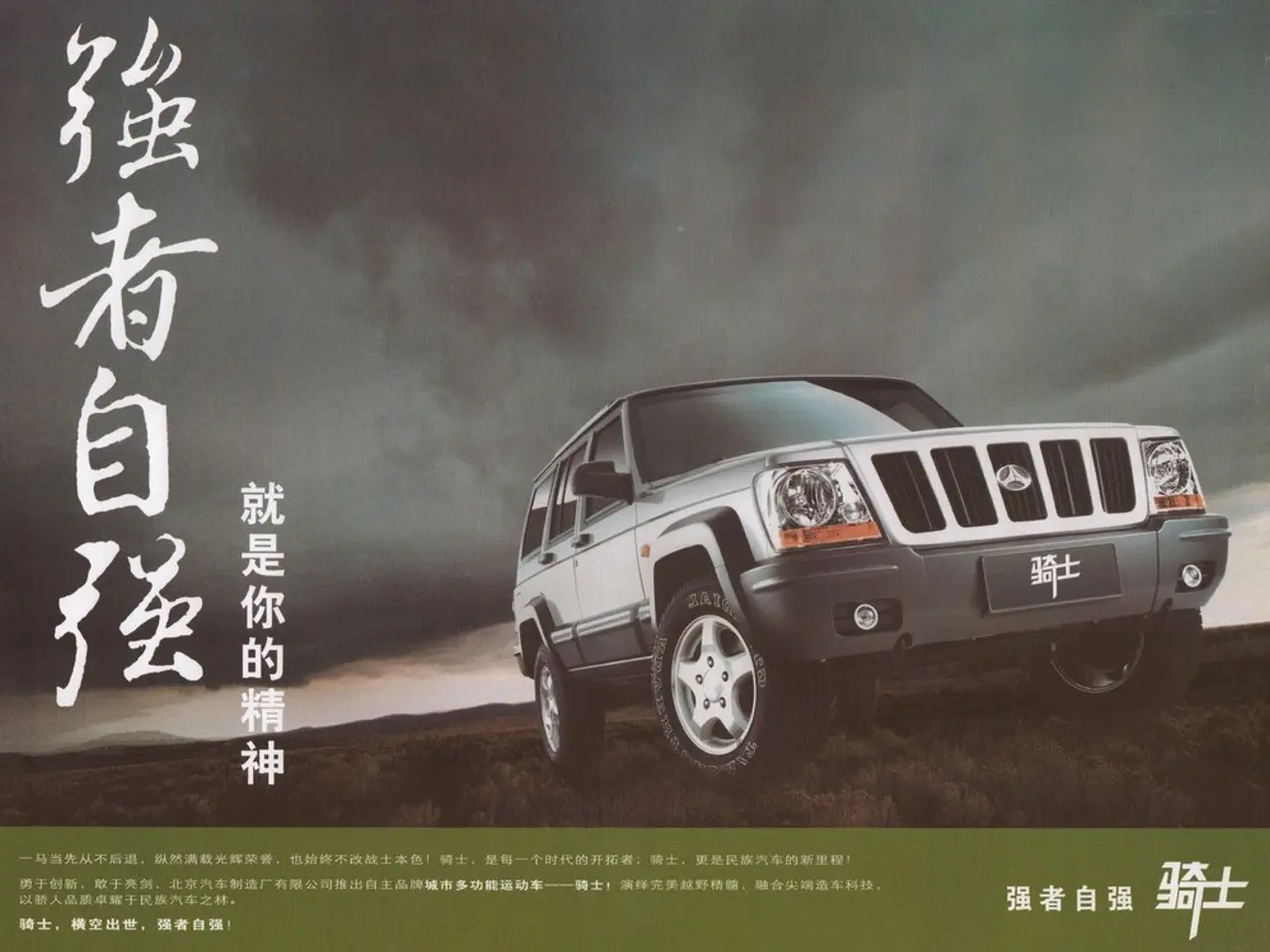EU apprehensive about production disruptions due to China's export restrictions
The European Chamber of Commerce in China has reported 46 planned production stoppages by its member companies due to China's export controls on rare earths. These metals, crucial for the production of sensors and electric motors, have made the situation a pressing concern for many companies.
The troubles began in April when China introduced export controls on seven rare earths and magnets made from them, as part of a customs dispute with the USA. The European Commission, led by President Ursula von der Leyen, announced a new mediation mechanism at the end of July to examine and resolve any problems that might arise in the event of shortages.
However, the mechanism seems to have only brought relief for some companies. According to the Chamber of Commerce President, Jens Eskelund, obtaining licenses is the most pressing problem for many companies. The data collected by the Chamber of Commerce from its members between August and the beginning of September, which were published on September 9, did not disclose which companies in which countries were affected.
The EU Commission's mediation mechanism is intended to address these issues. It will work to ensure a stable supply of these crucial materials, and to resolve any disputes that may arise. The hope is that this will help alleviate the production stoppages and keep businesses running smoothly.
It's important to note that China, the main global producer of these metals, has significant control over their supply. This control makes the negotiations between Brussels and Beijing particularly important for the future of industries reliant on rare earths.
As the situation continues to unfold, it is crucial for all parties involved to work towards a resolution that ensures a stable supply of these vital materials. The potential impact on various industries, from technology to automotive, is significant, and efforts must be made to minimise any disruptions.








